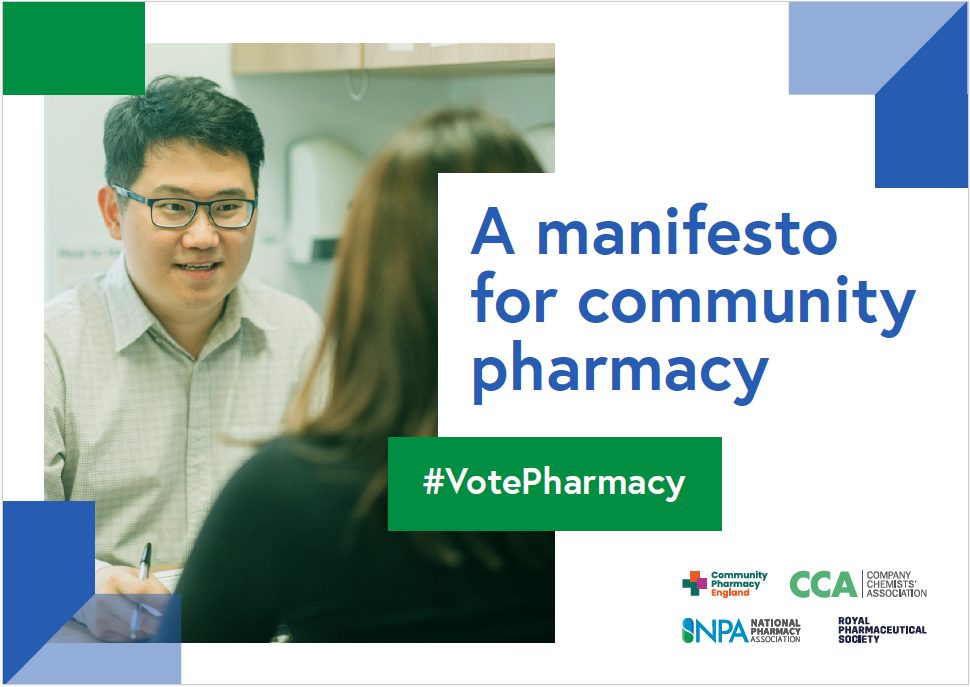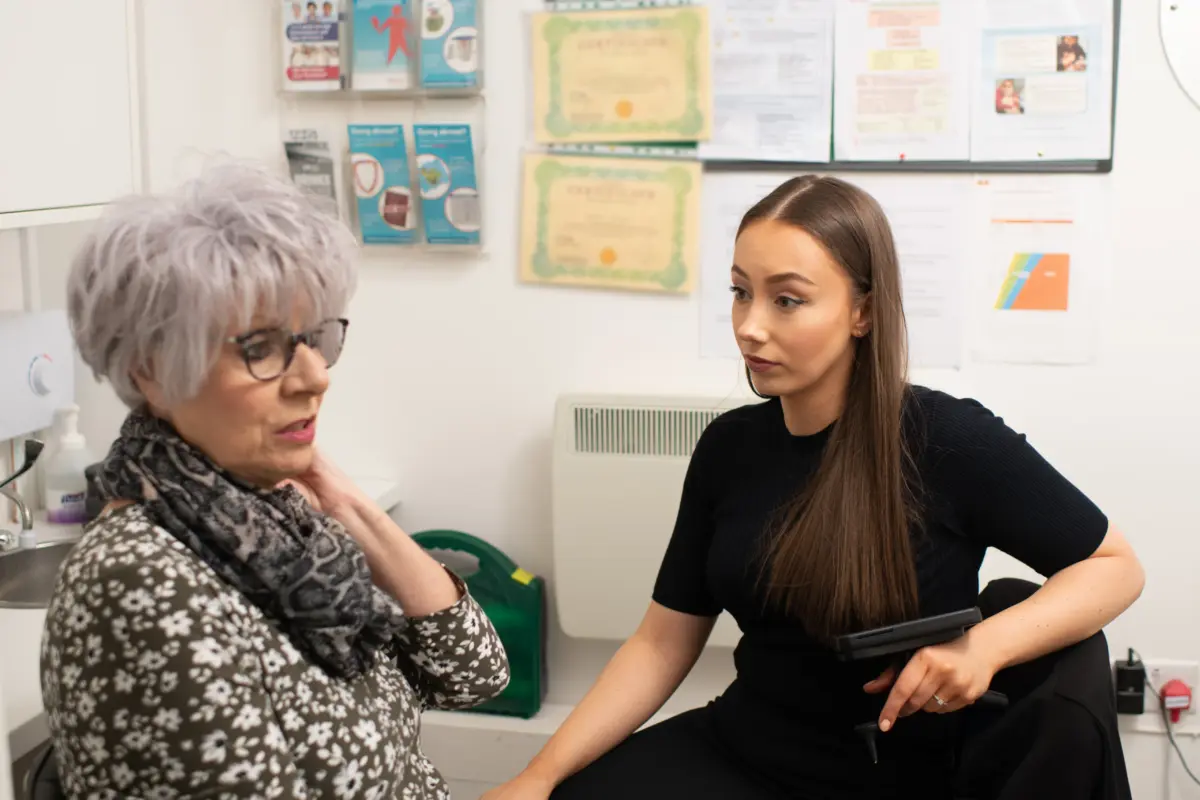Research shows community pharmacists can provide patient-centred care for patients with complex needs associated with LTCs (April 2017)
Published on: 7th April 2017 | Updated on: 28th March 2022
A research article on the Community Pharmacy Future Pharmacy Care Plan (PCP) service, published in PLOS ONE has found that a large number of patients with complex needs associated with long-term conditions (LTCs) are willing to engage with community pharmacists to identify goals that may result in improvements in quality of life. It also found that there is clear potential for community pharmacists to have an impact on the care of these patients.
The PCP is believed to be the first UK community pharmacist service to provide comprehensive care over a long period of time. It was designed to deliver interventions that focussed on patients aged over 50 years, who had been prescribed multiple medicines including at least one for cardiovascular disease or diabetes, to both enhance the effectiveness of patients’ use of their medicines and to enhance lifestyle to improve their quality of life.
How did the service work?
The service took place in 50 community pharmacies in Northern England. Patients were identified, recruited to the service and had a medication review with the pharmacist. They were then given questionnaires to complete and arranged the first consultation, where a personalised care plan was produced as well as a calculation of the patient’s cardiovascular risk. The pharmacist supported patients to create their own personalised health goals and then agreed actions with the patient and plans for follow up and monitoring, including the use of validated tools to support the process, such as Patient Activation Measures and the STOPP/START tool. The initial consultation was predicted to last 40 minutes with subsequent consultations lasting from 15–25 minutes.
At post-initial consultations the pharmacist subsequently undertook consultations with the patient at regular intervals to discuss progress, provide further advice and conducted follow-up monitoring. This took place when the patient attended the pharmacy to collect repeat prescriptions or as necessary. Two formal follow-up appointments were planned at six and twelve months after the initial meeting to monitor progress
Within 3 months of service initiation, 683 patients had baseline clinical data recorded, of which 87% were overweight or obese, 54% had hypertension and 81% had high cardiovascular risk. 544 (77%) patients set at least one goal during the first consultation with 120 (22%) setting multiple goals. A majority of patients identified their goals as improvement in condition, activity or quality of life.
The evaluation highlights that from baseline data, the types of patients who were recruited into this study demonstrated that there is a significant proportion of the population who may benefit from an intervention of this nature and that community pharmacists can identify and recruit them.
An article on this service has also been published in the Clinical Pharmacist (please note, you may need to subscribe to the Pharmaceutical Journal to be able to access this article).











